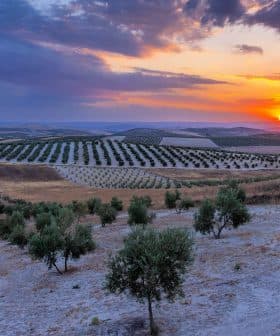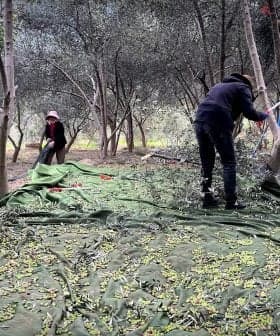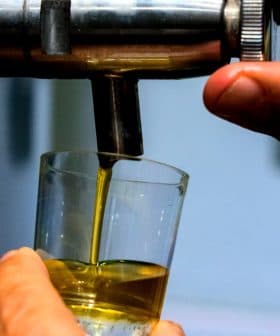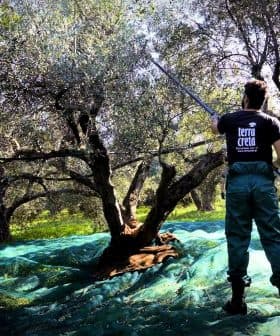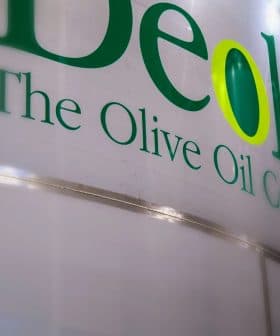Blockchain Technology Adds Transparency to Spain's Olive Oil Industry
The controversial technology behind cryptocurrencies is at the core of a new project driven by IBM and other players in Spain's olive oil sector to guarantee the traceability of extra virgin olive oils.
Galpagro and IBM Spain have partnered to use blockchain technology to trace extra virgin olive oil production from the tree to the consumer, with the project Olive Trace debuting in the 2018/19 harvest campaign in Seville. This initiative aims to provide consumers with detailed information about the origin and production process of olive oil, while also addressing the demands of consumer organizations in Spain for greater transparency in food labeling.
Galpagro, a pioneering company focused on high yield olive groves, and IBM Spain have joined forces on an initiative that uses blockchain technology to trace all stages of extra virgin olive oil production and distribution, from the olive tree to the consumer.
This technology applied to olive oil is a great opportunity to give full confidence to the consumer on what type of oil is being purchased.
The project, Olive Trace, debuted in the 2018/19 harvest campaign at Finca El Valenciano in Seville where some of the estate’s plots will be the foundation of the first limited production extra virgin olive oil with a full blockchain tracing.
The oil is expected to hit the market this year.
See Also:Olive Oil FraudOlive oil producer Oleocano and Rurápolis, a rural development consulting firm, are also part of the project, which attempts to respond to the growing pressures consumer organizations in Spain are imposing upon the European Union.
Producers want to convince the EU to make the incorporation of detailed information about the origin of fresh and manufactured products mandatory on all product labels.
This would respond to consumers’ increasingly obsessive demands for details about the origin, authenticity, content and health benefits of the food products they eat, such as olive oil, and even the product’s environmental friendliness.
“This technology applied to olive oil is a great opportunity to give full confidence to the consumer on what type of oil is being purchased,” Ricardo Domínguez, the Deputy Minister of Agriculture, Fisheries and Rural Development of Andalusia, told Coin Telegraph.
Blockchain is a secure digital register that records transactions into blocks, which are then copied across computer networks that allow them to be shared. Through an encrypted data platform registered in an inviolable chain, Olive Trace will provide detailed information of actors and transactions involved in each stage of the extra virgin olive oil production process.
After scanning a QR code, anyone with access to the blockchain will be able to see all the information about their extra virgin olive oil using an app. This app will allow them to have details about all transactions, from harvesting on the olive farm to placement on the supermarket shelf, including the process of certifications. This will reinforce users’ trust through enhanced traceability.
Now, users will have details about the exact location where the olive trees are grown, the olive variety, olive pressing in the mill, oil making, packing and distribution, until the oil reaches national and international consumers. Every actor engaged in the production and selling processes will also be visible and transparent.
The system is, therefore, interesting not only to consumers, but also olive growers, oil producers, packers and exporters.
IBM has been focusing on the food sector to promote projects that incorporate blockchain technology. In the case of olive oil, blockchain helps to assure its quality, origin, healthiness, and also works to avoid oil fraud.
This would also support the production process making it easier for producers, especially small producers, to optimize operations and to manage workload, human resources, stock, logistics and costs more efficiently and with fewer intermediaries.
Last May, Spain’s olive sector also saw the launching of Olivacoin, a company that created a hardware to handle price volatility and quality control and provide a payment platform for buyers and sellers of olive oil, using cryptocurrency based on food blockchain traceability.


